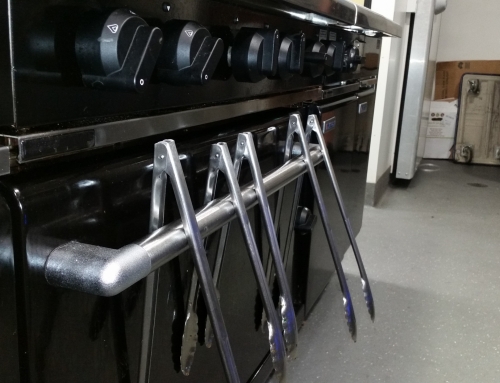Payroll is arguably one of the most confusing aspects of running a business. It gets even more complicated when you throw public holiday pay rates into the mix. Public holidays are a part of Australia’s National Employment Standards (NES) and as such, workers are entitled to be absent from work (either for a full day or in part) during these days. As a business owner, it is your responsibility to stay on top of public holiday penalty rates and other entitlements your workers should have according to the awards under which they fall.
What are the public holidays?
While there are public holidays recognised all over Australia, other public holidays vary depending on which state or territory you’re in. Please refer to the Fair Work website for a list of public holidays in 2019.
Moreover, business owners should also be mindful of substitute public holidays. These are ordinary days that are recognised as public holidays in lieu of the actual public holiday they are replacing. If a public holiday falls on a weekend, the next working day (typically a Monday) becomes the substitute public holiday.
A good example is this coming Australia Day, January 26, which falls on a Saturday. The following working day, January 28, is declared a substitute holiday. Employees who work on January 28 will receive entitlements for coming in on a public holiday. Those who come for work on January 26 will receive regular pay rates according to their agreements with their employers.
It is important to note that employees are not required to work on a public holiday. Employers can ask their staff to come in on a public holiday and workers may refuse to come in, especially if they have reasonable grounds for doing so.
Staff Entitlements
Staff entitlements on public holidays depend on the award under which they are classified and their agreements with their employers. Unsure about which award is applicable to your staff? Here’s a comprehensive guide to payroll awards to get you started.
Workers (except for casual staff) who are absent on a public holiday are entitled to receive pay for the usual work hours. If the public holiday falls on an employee’s usual rest day, the said employee is not entitled to holiday pay. Business owners, however, are discouraged from temporarily changing rosters so they can avoid paying the public holiday penalty wage.
If an employee is asked to work on a public holiday, he or she should receive at least their regular base pay, with additional public holiday pay rates applying in most cases. This will depend on the award or registered agreements.
Public holiday pay rates vary across different payroll awards. Here are the most relevant ones in the hospitality industry:
- Fast Food Award
- 225% for both full-time and part-time employees
- 250% for casuals
- Restaurant Award
- 225% for full-time and part-time staff
- 250% for casuals
- Hospitality Award
- 225% for full-time and part-time employees
- 250% for casuals
Alternatives to Public Holiday Pay Rates
Staff working on a public holiday may also receive alternative entitlements in lieu of the public holiday penalty rate. Full-time or part-time staff may receive a 25% loading on their base pay and a paid day off in lieu or an extra day added to their annual leave. The day off can be taken either during the week of the statutory holiday or within 28 days after the public holiday.
They can also have minimum shifts spread across the public holiday and regular working days. To compensate for working on a public holiday, an employee may also choose to come in for a minimum number of hours for an agreed number of days and still be paid a full shift each time.
How can your business afford the holiday pay rates?
Because of the higher public holiday pay rates, operational costs for restaurants and cafes that are open on public holidays are understandably higher. This explains why some business owners assess the need to charge their customers a surcharge for staying open during public holidays. Others incorporate the additional penalty wages into their menu pricing so they don’t need to surprise customers with the additional charges.
Working with your bookkeeper to get your payroll sorted out, particularly on public holidays allows you to stay compliant to Fair Work regulations and assess how your business handles public holiday costs. Ask us about reviewing your public holiday cost and revenue to get started.
Mise en place!






![Fair Work Information Statement [Updated: January 2020]](https://www.restaurantbookkeepers.com.au/wp-content/uploads/2019/10/happy-employee-working-in-a-cafe-500x383.jpg)